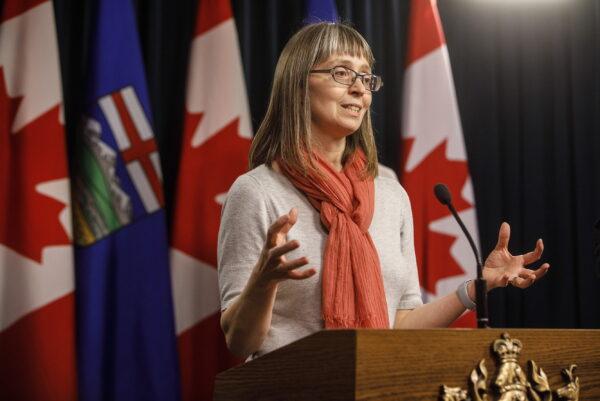EDMONTON—Although a recent court ruling nullifying Alberta’s COVID public health orders has been welcomed by those against pandemic mandates, some experts are concerned about how the government will respond to future public health emergencies and fear the court decision could mean more power resting with unelected representatives.
Calgary lawyer Scott Nicol told The Epoch Times the ruling in the case of Ingram v. Alberta signals a need for further legislative reform to provide more “checks and balances” during any future public health emergencies.





